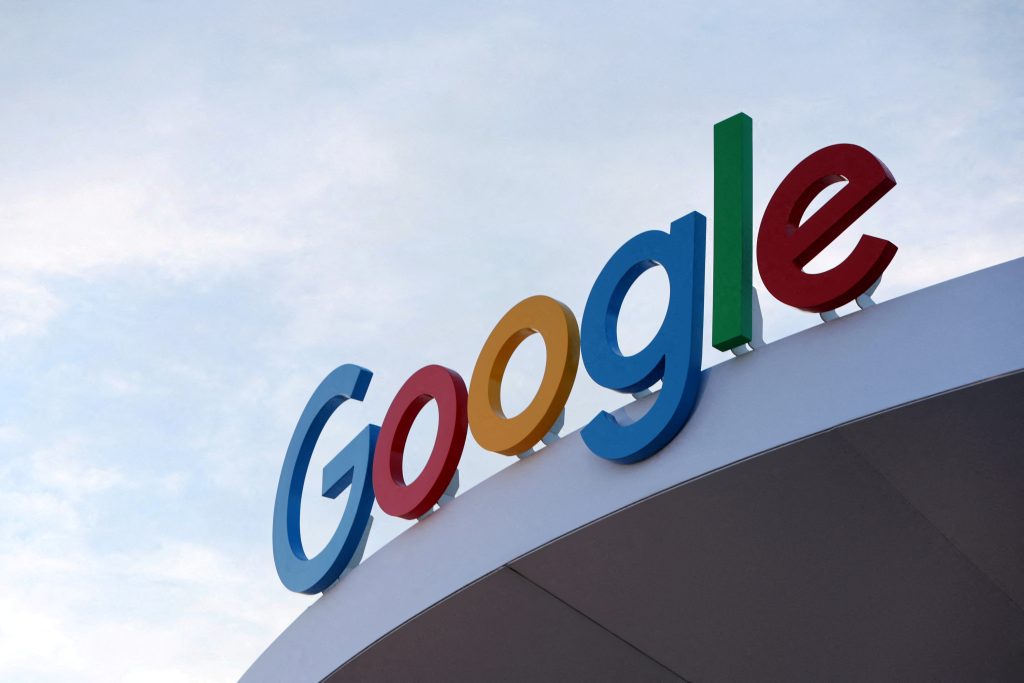Google will stand trial for a second antitrust case as the U.S. Department of Justice challenges the company’s advertising practices, accusing them of disadvantaging news publishers.
This case is a continuation of the Biden administration’s broader effort to regulate Big Tech through antitrust measures and follows a significant legal victory for the Justice Department on August 5, when a judge ruled that Google had unlawfully monopolised online search.
While the previous case centred on Google’s dominant search engine, the upcoming trial, set to begin in Alexandria, Virginia, on Monday, will examine the company’s less visible technologies that connect website publishers with advertisers.
These advertising technologies were responsible for over 75% of Google’s $307.4 billion revenue last year, which predominantly came from advertising.

The Justice Department, along with a coalition of states, aims to prove that Google violated U.S. antitrust laws through its digital advertising operations. A successful case could lead to U.S. District Judge Leonie Brinkema ordering a breakup of the company.
Antitrust regulators accuse Google of monopolising ad technology markets by integrating its tools for publishers and advertisers, effectively positioning itself as a “privileged middleman.” Google has refuted these allegations, arguing that it is not obliged to share its technological advantages and that its products are compatible with those of its competitors.
The Justice Department claims Google controls 91% of the ad server market, 85% of the ad network market, and over 50% of the ad exchange market. In contrast, Google contends its market share is below 30% when considering advertising on social media, streaming TV, and apps, and argues that the Justice Department’s focus on website ads does not reflect the competitive landscape across these broader categories.
The trial will also address the impact of advertising technology on news organisations. A study from Northwestern University last November revealed that one-third of U.S. newspapers have closed or been sold since 2005. Current and former executives from News Corp., the Daily Mail, and Gannett, which has also sued Google, may testify during the trial.
Google plans to highlight its support for small businesses and publishers, arguing that a breakup would hinder innovation, increase advertising costs, and stifle growth opportunities for smaller firms.
Key aspects of Google’s ad technology will be scrutinised, with testimony expected from over two dozen current or former employees, including YouTube CEO Neal Mohan, a former Google advertising executive.


